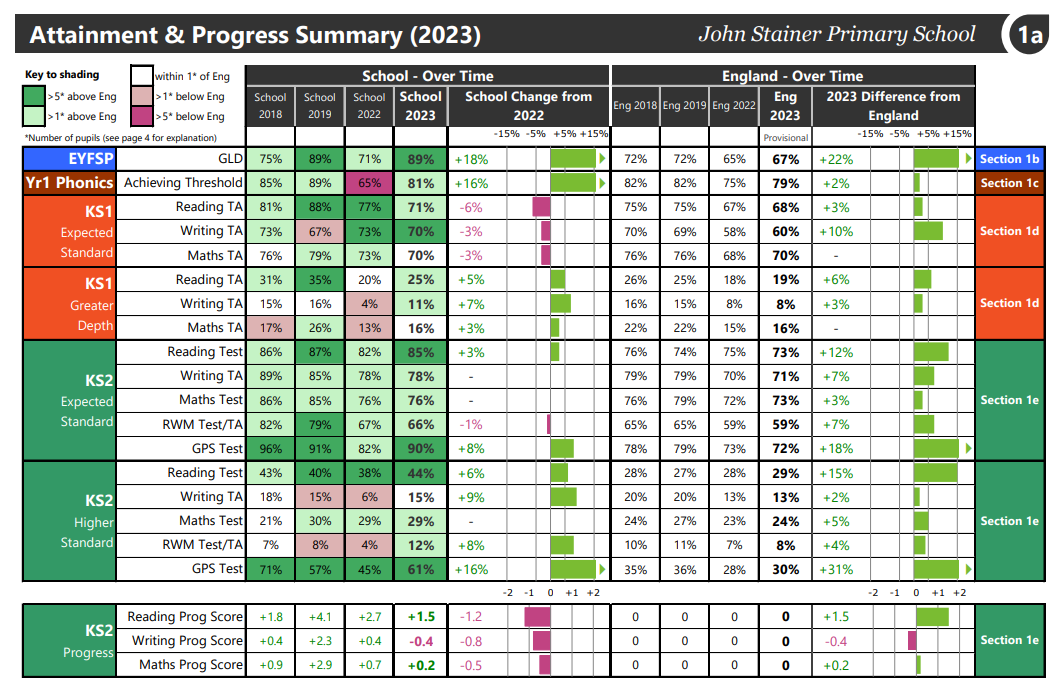Whole school curriculum map and Intent
In this section, you will find all you need to know about our curriculum. Each subject overview gives an insight into our curriculum across the school. For further information about the programme of study for each curriculum area, please click on the following link https://www.gov.uk/government/collections/national-curriculum#programmes-of-study-by-subject
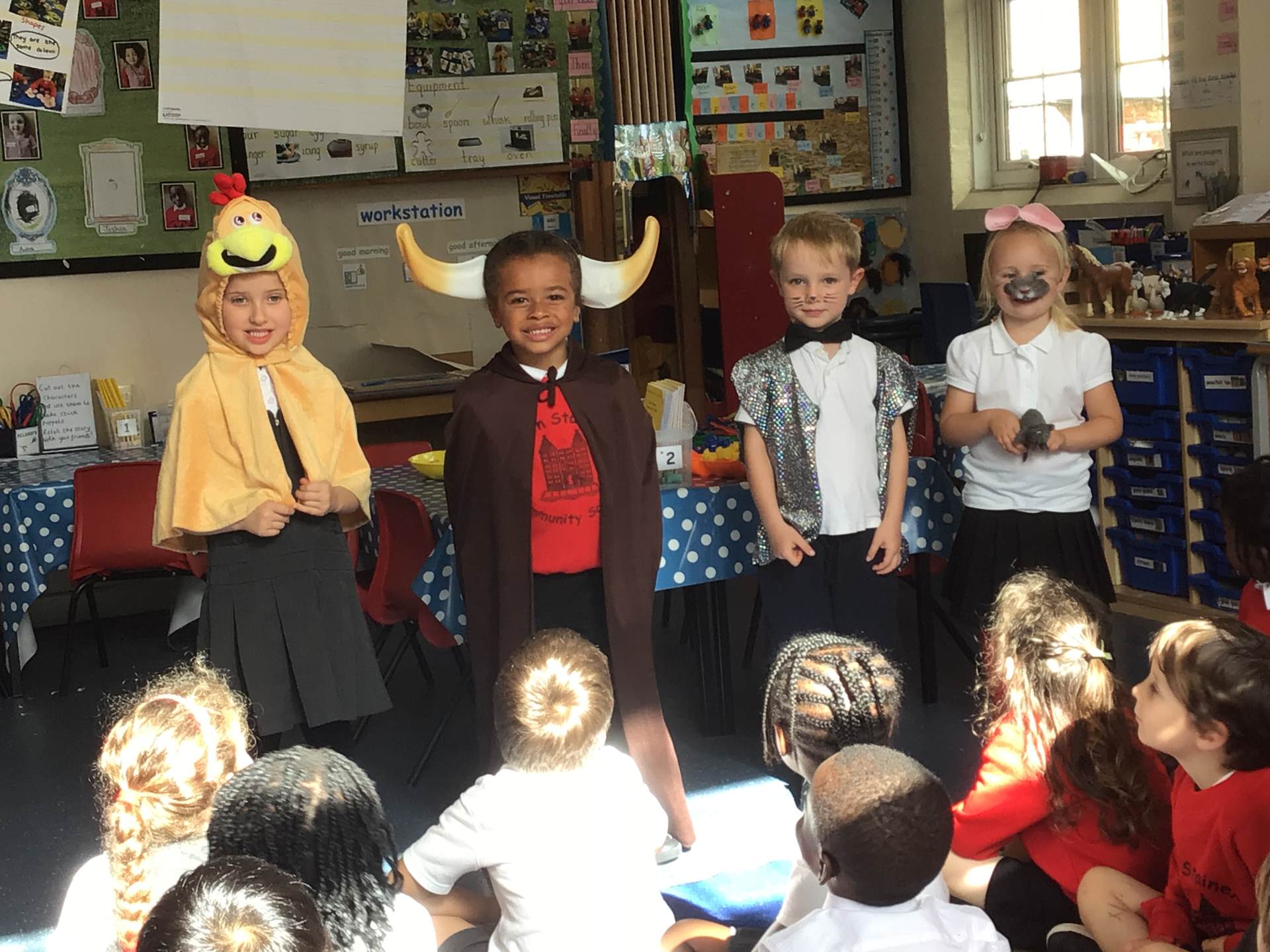
Click for whole school subject overviews
- Art Whole School Curriculum Overview
- Computing curriculum overview
- Design and Technology Whole School Curriculum Overview
- Educational Visits Whole School Overview
- English and Reading Whole School Curriculum Overview
- Geography curriculum overview
- History Whole School Curriculum Overview
- Mathematics Whole School Curriculum Overview
- Modern Foreign Language Whole School Curriculum Overview
- Music Whole School Curriculum Overview
- Nursery Curriculum Overview
- Physical Education Whole School Curriculum Overview
- PSHE Whole School Curriculum overview
- Reception Curriculum Overview
- Religious Education Whole School Curriculum Overview
- Science Whole School Curriculum Overview
Our Curriculum Intent
Curriculum Design, Drivers and Purpose
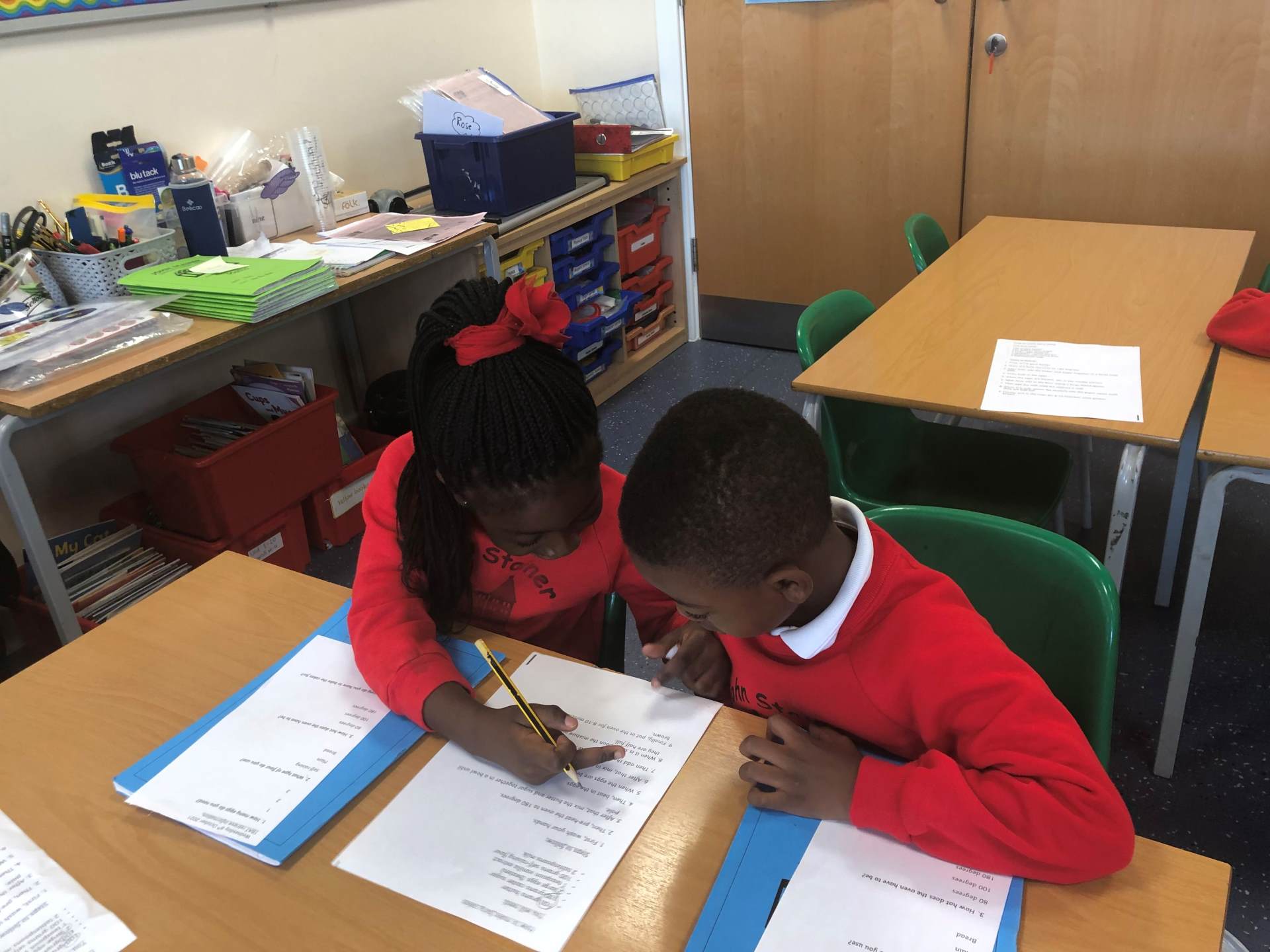 The purpose of our curriculum is to inspire every child to acquire key knowledge and skills and to ignite a lifelong love for learning. We celebrate the cultural capital in our community and build on this to broaden children’s understanding of the world. Through our curriculum, children develop the ability to question, reflect on and understand the world and their place in it.
The purpose of our curriculum is to inspire every child to acquire key knowledge and skills and to ignite a lifelong love for learning. We celebrate the cultural capital in our community and build on this to broaden children’s understanding of the world. Through our curriculum, children develop the ability to question, reflect on and understand the world and their place in it.
We have three key drivers which help us to achieve our purpose.
Driver 1
Our commitment to our mission statement to provide an excellent education ensures that rich experiences are embedded throughout the curriculum. We believe that the experience of being at our school should be enjoyable with an inspirational purpose; empowering to build capacity for useful thought and action; and enabling for continued success.
Driver 2
Our belief that every child at John Stainer should be an independent learner, critical thinker and problem solver; able to communicate and express their thoughts and feelings with confidence.
Driver 3
Our strong focus on our six core values and the Fundamental British Values provide a firm foundation for children to be active citizens who positively contribute to the world in which we live.
How we deliver on our curriculum promise
The above curriculum drivers are brought to life at all levels. Leaders at all levels embed this vision from planning to delivery and actual learning by pupils. Planning, teaching and collaboration between staff, coaching, mentoring and evaluation by leaders focus on visibility of our curriculum drivers to ensure that we remain consistent in our approach to delivering.
Our curriculum encourages and provides creative and problem solving opportunities and high levels of technological awareness. We promote an appreciation of music and the arts, whilst also nurturing the other essential values of empathy, integrity and the fundamental British Values. Our curriculum is carefully designed to teach children valuable and transferable skills through the full range of primary subjects. It is linked with research, project based learning and frequent educational visits which bring enjoyment whilst developing children’s curiosity and consolidating learning beyond the classroom. Here at John Stainer, we have a curriculum which mirrors families changing needs and the times in which we live – our remote and blended curriculum is delivered through a range of online platforms which support learning inside and outside the classroom.
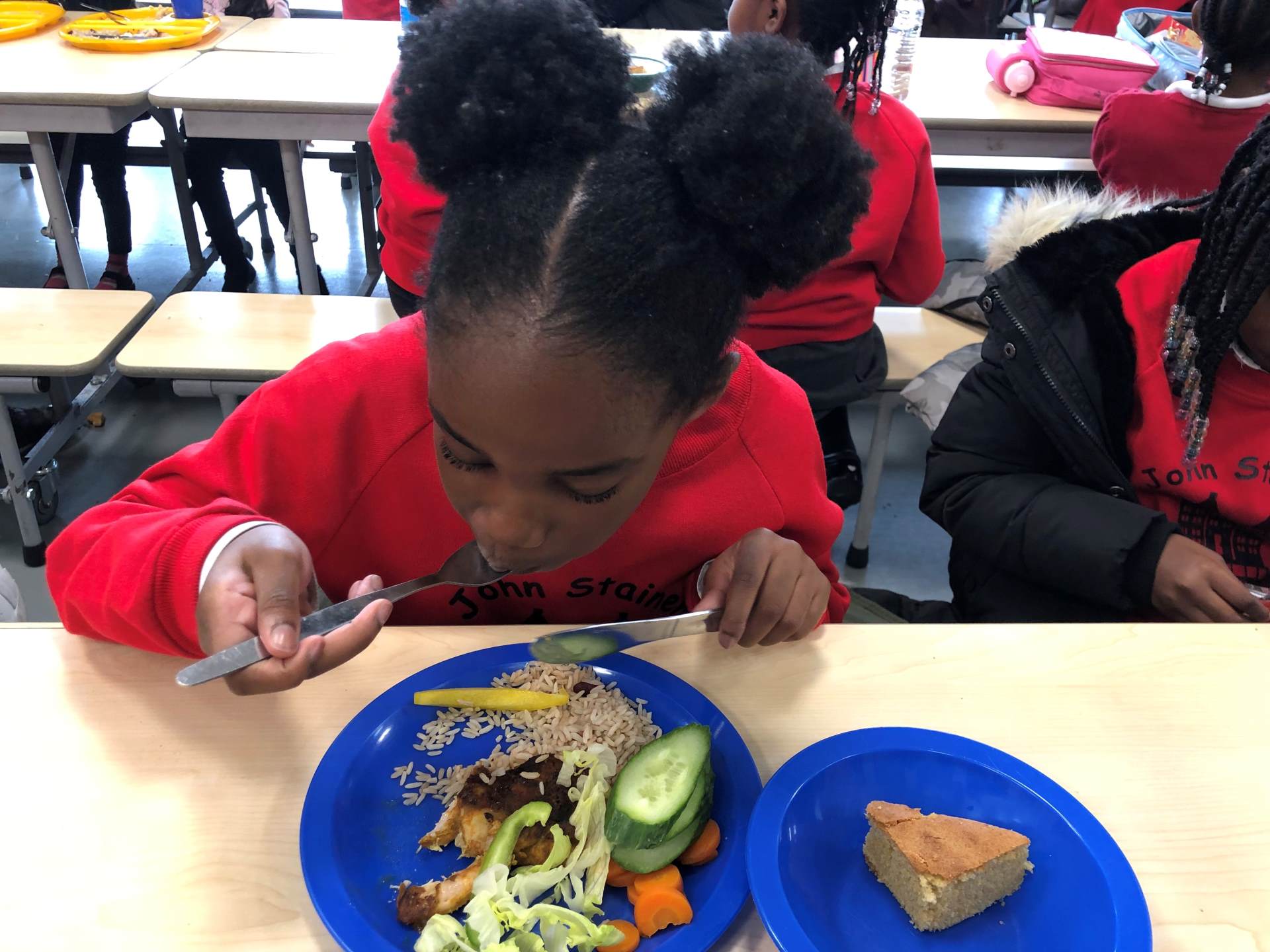
The school’s focus on curriculum development ensures that there are opportunities to celebrate the diversity of our community and the wider world. Our diverse workforce reflects the thirty-four cultures in our student community. In addition, our range of diverse core texts coupled with various themed activity days promote and celebrate difference. We encourage children to take part in a range of engaging events such as Windrush Day, London History Day, culture day, our rich Religious Education curriculum, religious festivals and national themed days (including Downs Syndrome and World Mental Health Day). Our work on diversity, our support for Lewisham Race Equality Pledge and our pursuit for the Inclusion Quality Mark award help children to recognise that everyone is unique and promotes respect and tolerance.
We have in place, a curriculum which ensures that academic success, responsibility and resilience, as well as physical development, well-being and mental health are key elements that support the development of the whole child and promote a positive attitude to learning.
We promote a culture of mindfulness here at John Stainer. We know that it has the potential of enhancing pupil wellbeing, relieve stress, reduce friendship issues, and help children with additional needs to develop stronger social, emotional and language skills.
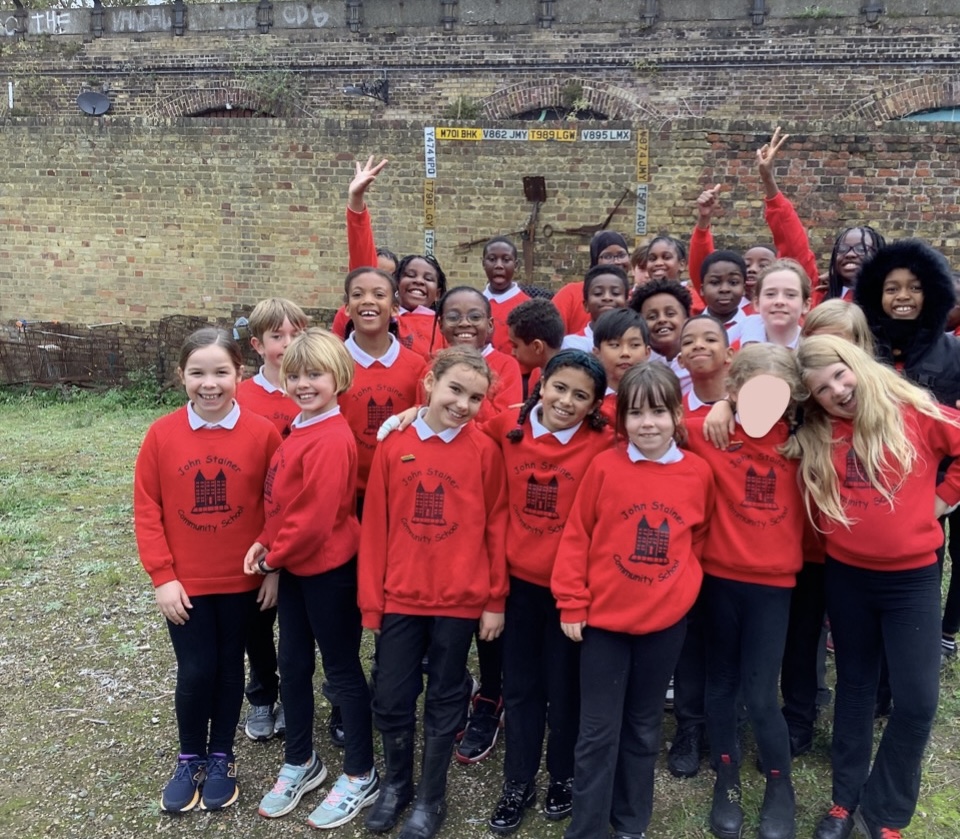
We aspire for all our learners to develop their cultural capital to allow them to make aspirational choices and experience success beyond their time at John Stainer. The outdoor environment and the local community are considered rich opportunities for active learning for all our children. We want our children to be aware of what different families and the local community have to offer and to understand the positive impact they can have in the future success of the community. For this reason, we draw on the expertise and knowledge of families and our local community to work in partnership to plan activities and opportunities to strengthen our curriculum. Recent examples of this include working with; local religious leaders to celebrate festivals, the local library to celebrate and promote a love for reading, the Credit Union to educate children about the importance of savings, visiting Brockley Nature Reserve, interviewing our School Crossing Patrol Officer about the living during World War II and parent-led career assemblies to inspire children and raise aspirations.
 Through retrieval practice, our staff continuously build on what children already know, give them the opportunities to reflect and call on their prior knowledge and previous learning to equip them to make connections between their working and long-term memory. Our children play an active role in identifying strategies that enable them retain the key knowledge and skills they have learnt within lessons, across a unit of work and over the course of time they are with us at John Stainer.
Through retrieval practice, our staff continuously build on what children already know, give them the opportunities to reflect and call on their prior knowledge and previous learning to equip them to make connections between their working and long-term memory. Our children play an active role in identifying strategies that enable them retain the key knowledge and skills they have learnt within lessons, across a unit of work and over the course of time they are with us at John Stainer.
At John Stainer, pupils have the opportunities to share their learning with each other, their parents and carers and other learners through termly project based learning exhibitions, performances, competitions and collaborating with other schools in and outside London.
Our strong SEND department works closely with staff to ensure that carefully planned, targeted interventions are in place for individuals and small groups. Our children respond positively to Lego Therapy, Speech and Language Therapy and Idl Cloud. Our sensory room, sensory garden and school dog are other valuable resources that strengthen our SEND provisions. Children who are new to English or have English as an Additional Language develop oracy through carefully planned teaching, Language of the Week, specific language interventions and the use of the online platform, Flash Academy.
In lessons, higher attainers are further challenged through the use of appropriate mastery activities to further extend their conceptual understanding. Children who find aspects of their learning more difficult are appropriately supported through guided groups with the teachers and support staff, pre-teaching, small group (or individual support), focussed interventions and having access to high quality physical and online resources that support their understanding.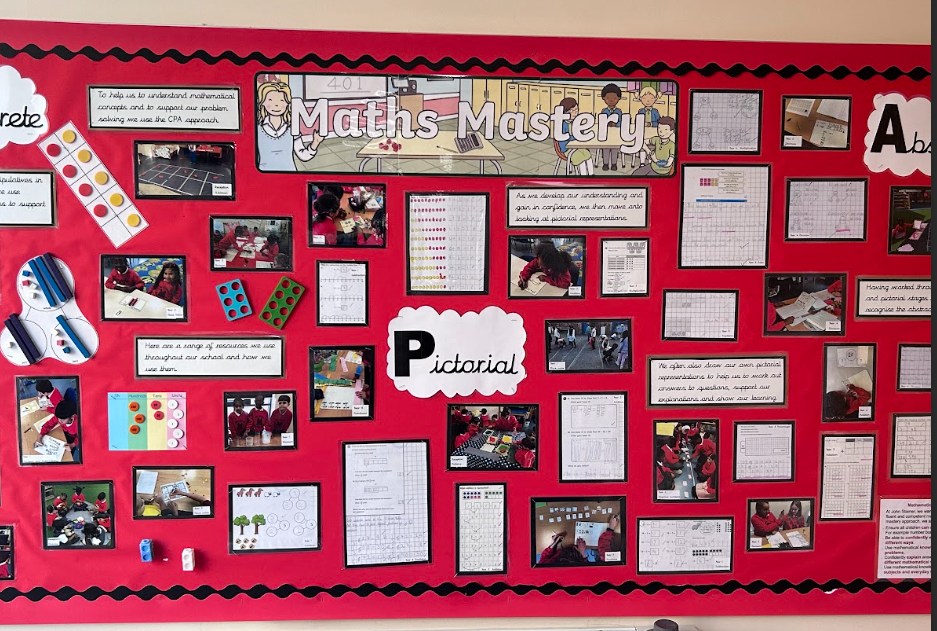 Our curriculum is designed to ensure that, at all stages, children are developing the literacy and numeracy skills that allow them to access learning across the whole curriculum but also to ensure they develop the key knowledge and life skills needed beyond school. In the EYFS stage, children develop the early stages of language acquisition and become confident early readers by joining daily Sounds Write lessons Phonics lessons. They also develop their early Maths skills by joining daily lessons planned using the White Rose Maths Mastery programme in which they learn using the concrete, pictorial and abstract approach to develop their understanding of mathematical concepts.
Our curriculum is designed to ensure that, at all stages, children are developing the literacy and numeracy skills that allow them to access learning across the whole curriculum but also to ensure they develop the key knowledge and life skills needed beyond school. In the EYFS stage, children develop the early stages of language acquisition and become confident early readers by joining daily Sounds Write lessons Phonics lessons. They also develop their early Maths skills by joining daily lessons planned using the White Rose Maths Mastery programme in which they learn using the concrete, pictorial and abstract approach to develop their understanding of mathematical concepts.
Our highly skilled Pupil Welfare Team and Family Liaison Lead work closely with families to provide pastoral support to children and families at school, at home and in the community. Children have the opportunity to discuss any worries or concerns and where needed, are referred to different professional services for support. Children may also be a part of a lunchtime friendship group where they further explore our core values and their importance in developing healthy relationship with others. In the home environment, family support may be linked to budgeting, CV writing, dealing with bereavement, returning to work, accessing funding and support, bedtime routines, Early Help, support with mental health issues etc.
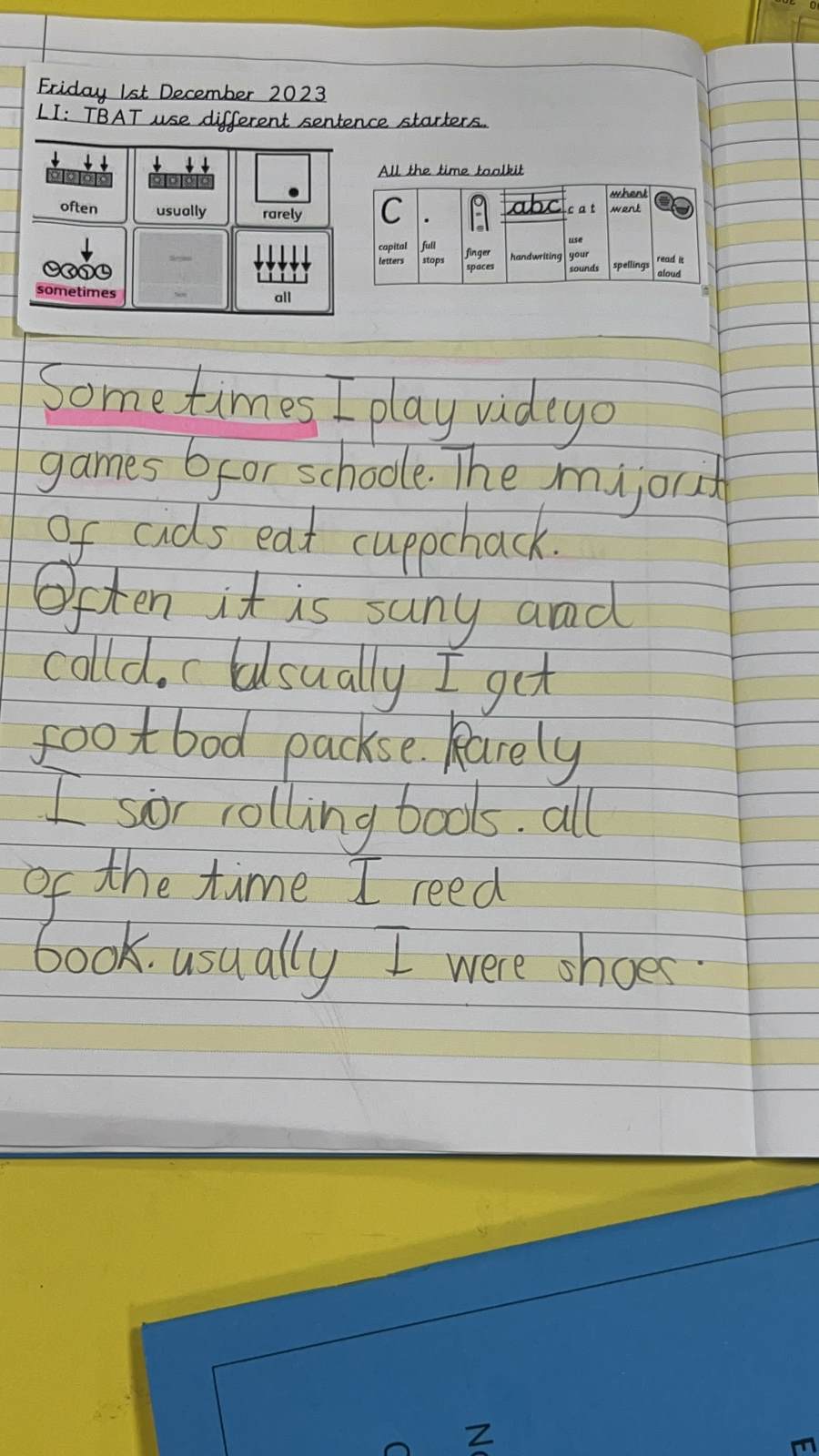 At John Stainer, our aim is for our children to feel a sense of pride and achievement in their learning. We want them to know that mistakes are inevitable but with perseverance and resilience they will make fewer of these whilst becoming more empowered in their learning. We want children to feel proud of their achievements and to celebrate their own and others’ successes. We motivate and celebrate our children’s achievements through the use of praise, house points, a positive phone call home, weekly certificates for achievement in citizenship, attendance and good sportsmanship. Ongoing formative feedback, the chance to share their success with members of the Senior Leadership Team, stickers, a thumbs up and a smile have also proven to be a huge success.
At John Stainer, our aim is for our children to feel a sense of pride and achievement in their learning. We want them to know that mistakes are inevitable but with perseverance and resilience they will make fewer of these whilst becoming more empowered in their learning. We want children to feel proud of their achievements and to celebrate their own and others’ successes. We motivate and celebrate our children’s achievements through the use of praise, house points, a positive phone call home, weekly certificates for achievement in citizenship, attendance and good sportsmanship. Ongoing formative feedback, the chance to share their success with members of the Senior Leadership Team, stickers, a thumbs up and a smile have also proven to be a huge success.
We regularly review our delivery of our curriculum promise - this process includes leaders, Governors, staff, parents and children. Outcomes are used for ongoing school improvement.
Our Curriculum Implementation
Curriculum Implementation
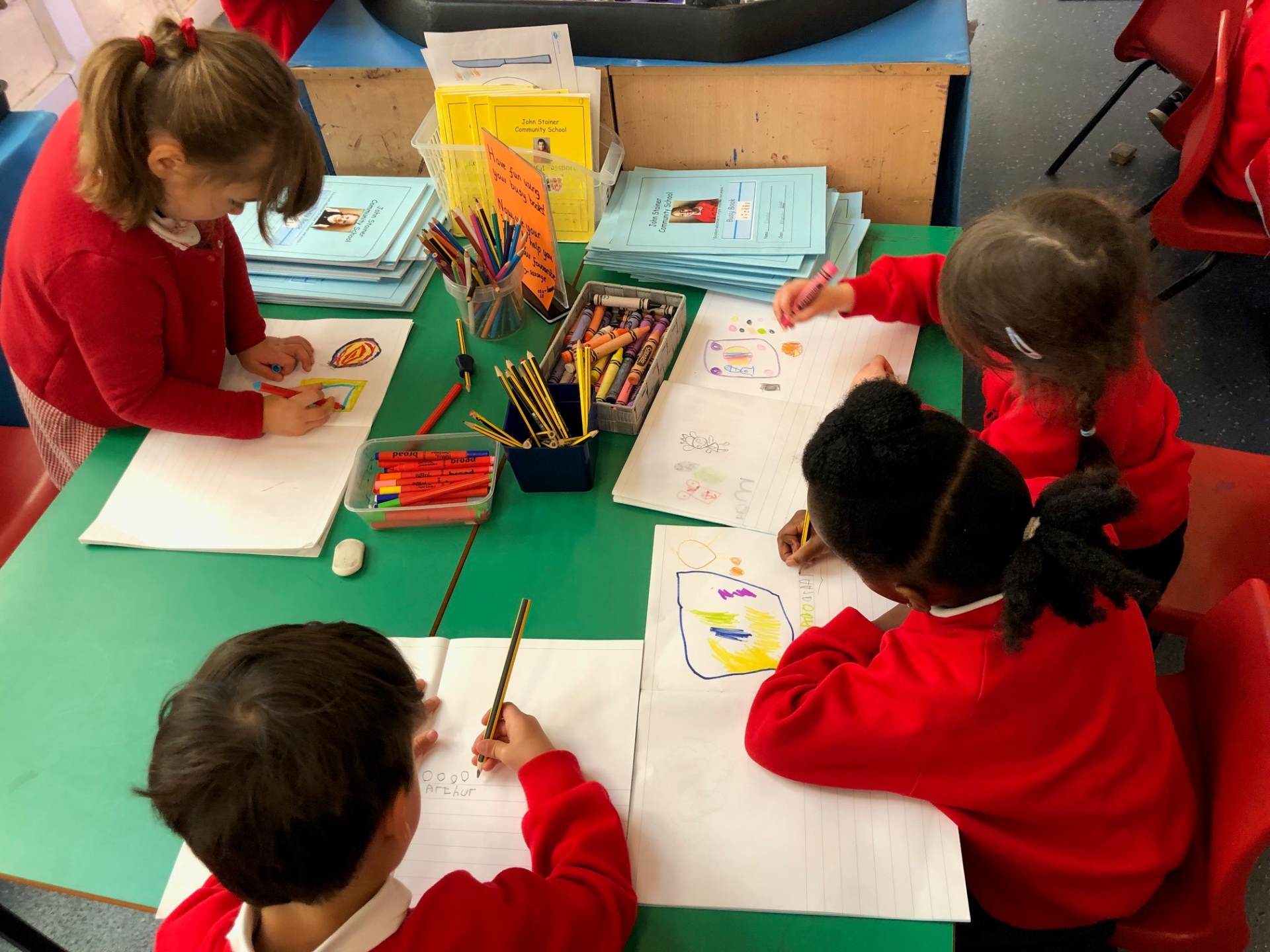
Leaders at every level, play an important role in the success of the curriculum by being actively involved in monitoring, support and review. They hold regular pupil interviews to check knowledge and skill acquisition and retention. Subject leaders work closely with the Senior Leadership Team to monitor teaching and learning across the school and to strengthen staff’s subject and pedagogical knowledge by organising peer-to-peer lesson observations amongst a wide range of CPD opportunities.
To further facilitate the objective of ensuring that knowledge is being retained, teachers revisit concepts regularly with the children, not only what they have learned that day, but their knowledge from the week before, topic before and even the term or year before. Robust handover meetings, access to accumulative assessments outcomes across the curriculum means that all staff are able to identify, reference and build on children’s previous achievements and progress.
Different stakeholders play an active role in designing, delivering and evaluating our curriculum, ensuring that our shared vision, ethos and values are embedded in all subjects. The Head Boy and Girl and Prefects give children a strong sense of belonging and ownership in our school. They fulfil their roles wisely and supportively. Prefects help other children with transitioning to and from classes and remind them to uphold our high standards of behaviour in all areas of school life. The democratically elected School Council takes the lead on many initiatives in the school. Recent examples of this include organising donations to Lewisham Food Bank, taking part in the Governors' interview process, playing key roles in assemblies, raising money for worldwide disasters and charities including Children in Need and meeting representatives from the PTA to represent the pupil voice about areas of school life that they would like some financial support to enhance.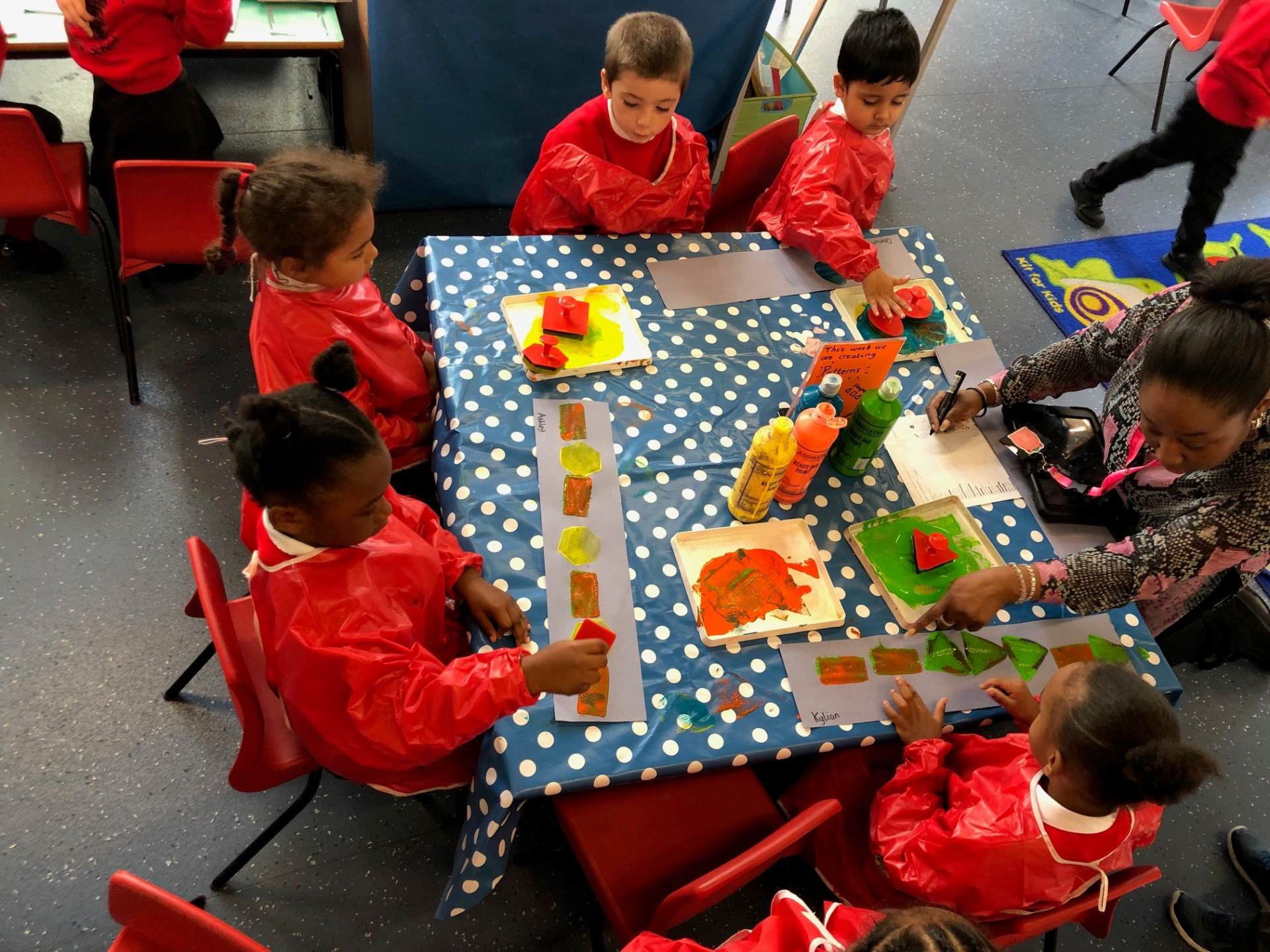
We are a reflective, self-improving school that ensures that we modify our practices on a needs basis. In light of the changing circumstances brought about by the Covid pandemic, we have placed an even stronger emphasis on fostering good mental health, promoting well-being and developing children’s resilience.
Our in-depth handover meetings and assessment documents, passed on from previous teaching teams, are used to identify skills and knowledge to be prioritised in teaching for children to recover lost learning.
To promote social skills, physical health and wellbeing, we provide a range of extra-curricular clubs which enable learners to access a variety of activities, at no cost, outside school hours. These are led by teachers and support staff who voluntarily lead these clubs on a weekly basis.
Our Curriculum Impact
Curriculum Impact
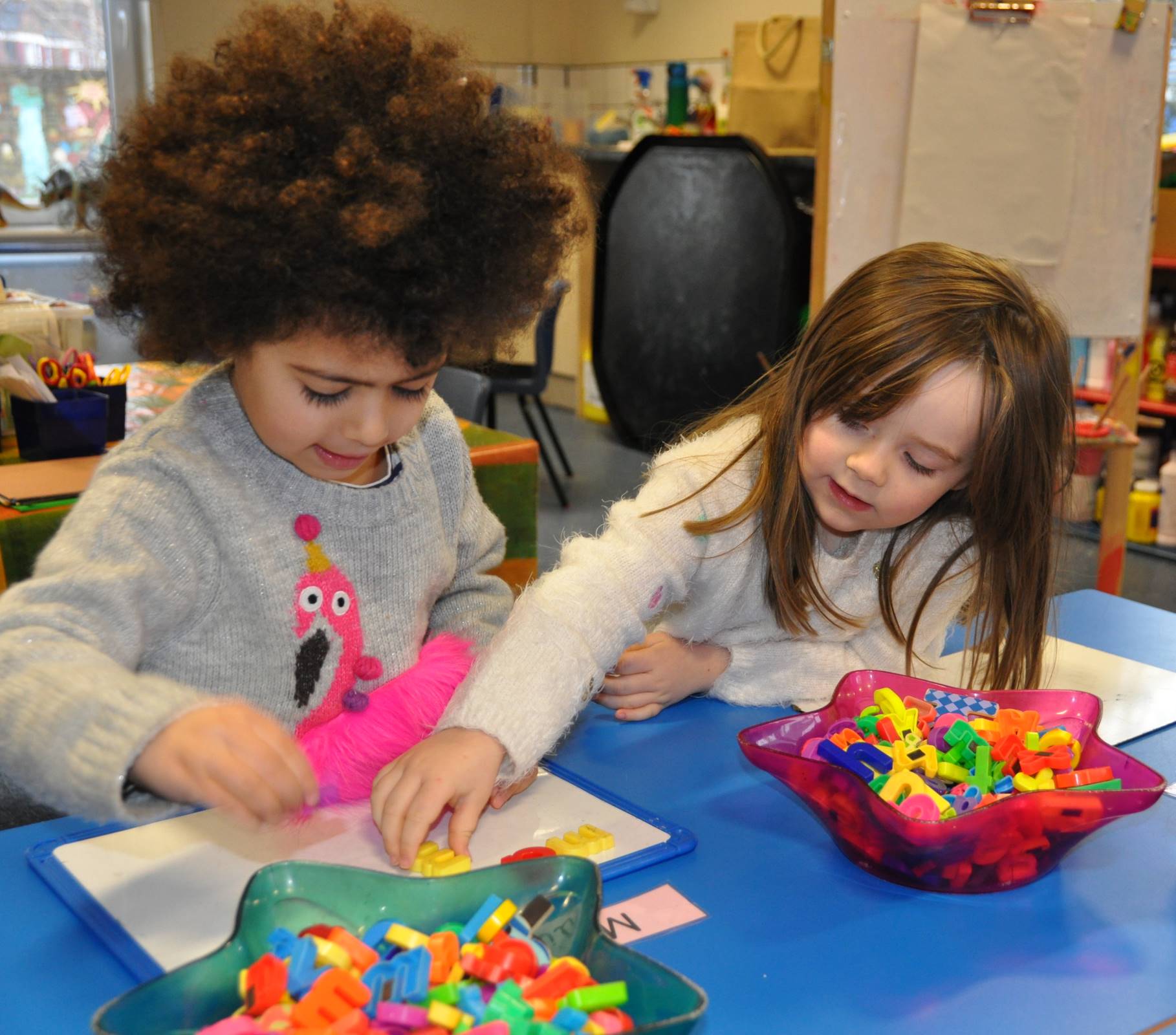
At John Stainer Community School we take a holistic approach when looking at the impact of the curriculum on each child's learning. Our agreed process of evaluation aims to examine the quality of each child’s cumulative understanding and mastery of key concepts.
Impact is measured by…
- Observing children’s behaviour and attitudes to the curriculum
- Examining their contribution to their community and the wider world in which they live
- Analysing their attainment and progress in each subject area
What do we do with the information we acquire?
These evaluations, alongside targeted assessments that focus on retainment and application, allows us a greater scope of the true impact of our curriculum. This is then used to appropriately adjust our programme of study and alter our teaching to meet the identified needs and encourage steady progression across the curriculum.
Our Findings - Children’s Behaviour and Attitudes
Individually and collectively, our children conduct themselves in a highly positive manner. Their interaction with their peers and adults, both within and beyond our school community, exudes confidence and pride in their school and their learning at every level. In the everyday life of our school, the children take ownership for creating an inclusive school community; visitors to our school always commend the children for their warm welcome and exemplary behaviour. At events, within our school and in the wider community amongst our partners and network, it is clearly noticeable that John Stainer children perform with confidence. They take pride in representing themselves well to the public and this is a great testimony of our sound teaching, high expectations and collective sense of community.
Another contributing factor to the success seen in our children’s behaviour and attitudes towards their learning is the fact that the values taken from the spiritual, moral, social and cultural capital aspects of our children are woven through the curriculum, thus, engaging the whole child at every level of their development.
Our Findings - The Community and the Wider World
Due to the strong focus on the John Stainer Six Core Values and the Fundamental British Values, our children have a well-developed understanding of how to engage with and contribute to life in their communities outside of school. It is evident that our children feel empowered to ask questions about the world and they use the knowledge they acquire to think critically about the structures that contribute to the formation of our society. Many have stated that they feel equipped to share their thoughts and feelings on a wide range of topics as they are assured that their opinion matters and they are heard and listened to beyond the classroom. Throughout the years, our children have taken direct action on issues when they feel change is needed and have applied their ability to think critically and implement solutions to a variety of scenarios. These have included initiatives such as, global issues and charitable actions in the local community (annual Food Bank collections linked to Harvest), as part of national and global events (Children in Need, poppies linked to Remembrance Day).
Children leave our school in a state of ‘readiness’ for the next step of their journey. We know this based on the comments and feedback that we receive from the various schools that they go on to attend when ready for secondary learning. They generally leave with a strong mindset of who they are, their skills and their abilities in and outside of school. They also leave knowing that their unique identities contribute to their potential of being a positive representation of their community in the wider world, thus having a greater impact in their personal and external lives beyond school.
How do we know the impact of the curriculum on attainment and progress?
The school’s established evaluation processes allows a robust analysis of the quality of pupils’ cumulative understanding of key concepts and their ability to ‘do more’ and ‘do it better’. As well as improving pedagogy, these evaluations are also used to inform teachers [and pupils] of how well children in their class are retaining and applying increasingly complex ideas and skills as they progress through their learning journey.
The national assessment tests are used to measure the impact of our curriculum e.g. Reception Baseline, Phonics Screening, KS1 and KS2 SATs, and the Year 4 Timestable tests. Teacher assessment is another powerful tool which we use alongside these tests to measure the depth of impact. Formative assessment is an intrinsic and ongoing part of every lesson to ensure all teachers secure progress at every stage of the learning journey within each subject.
The voice of our pupils matter greatly to us, and so we hold half termly Pupil Voice Discussions with a representative group of children to determine the wider impact of teaching and learning across a range of subjects. The outcome of these discussions are a) used by teachers to feed into their future planning of the curriculum and b) used by subject leaders to review the overall progression of knowledge and skills in their subject between classes and across the school.
How are teachers supported to deliver the curriculum so that it is and remains impactful?
Professional Development is consistently provided and contributes to our curriculum planning. We have extensive meetings focusing on the immediate and long term needs of the curriculum and subject leads, who are experienced practitioners, support teachers to build up their subject knowledge and make the necessary adaptations to their subject and planning across each cohort. As a result, the curriculum can be modified, designed or developed to be successful, ambitious and meet the needs of all pupils including those with SEND. The teaching of subjects is monitored and fed back from a series of formal and informal lesson observations, learning walks and book scrutinies under the guidance of the Curriculum Lead and SLT. Taking this approach ensures coherence and cohesion within subjects, across the curriculum and between the leads themselves.
Our teachers are equipped to support our children in knowing the curriculum, learning the curriculum and applying the values taught from the curriculum to shape themselves as ambitious and capable global citizens.
KS1 and KS2 SATs
